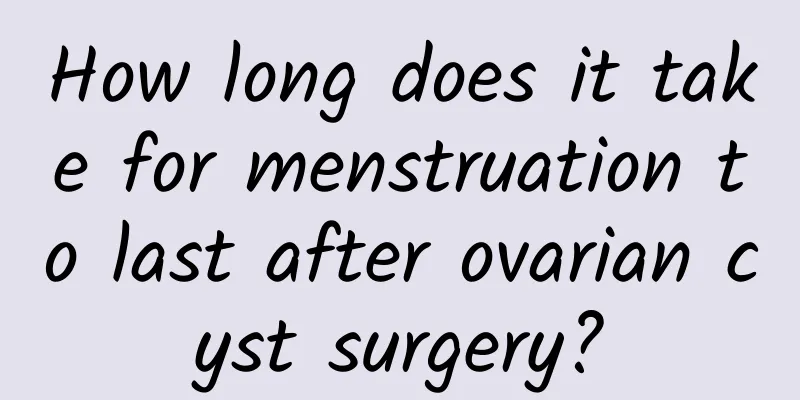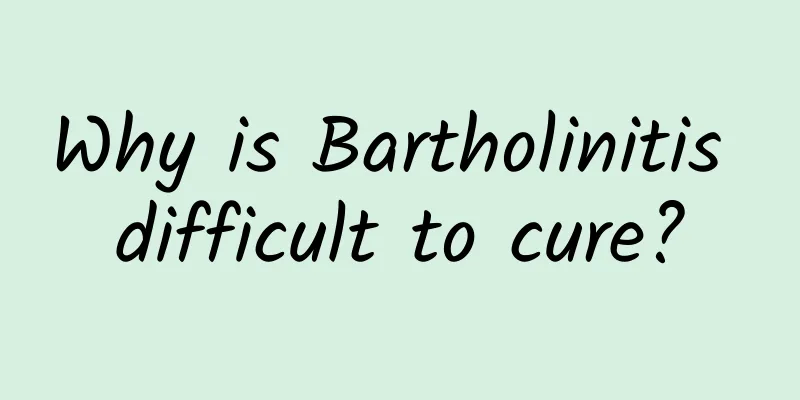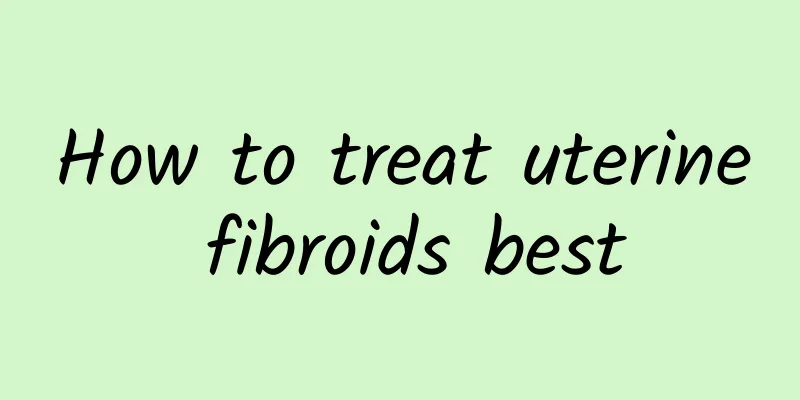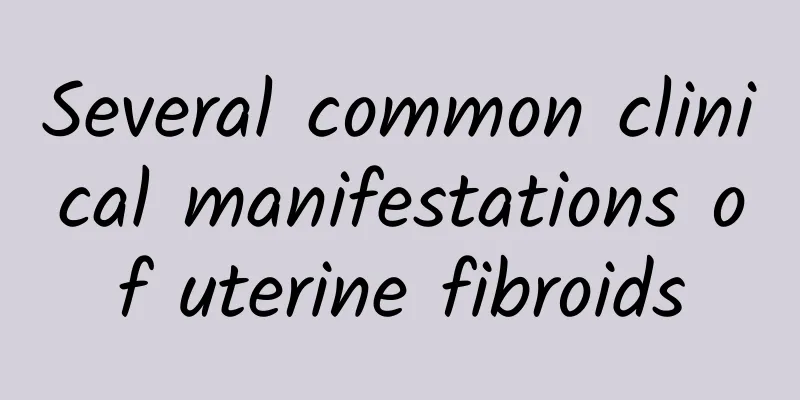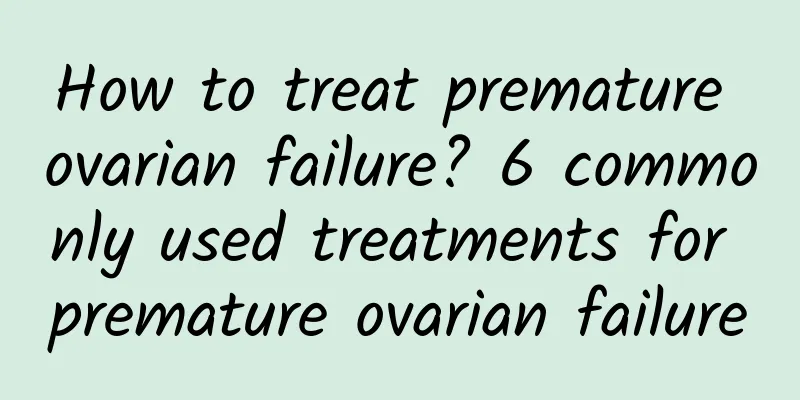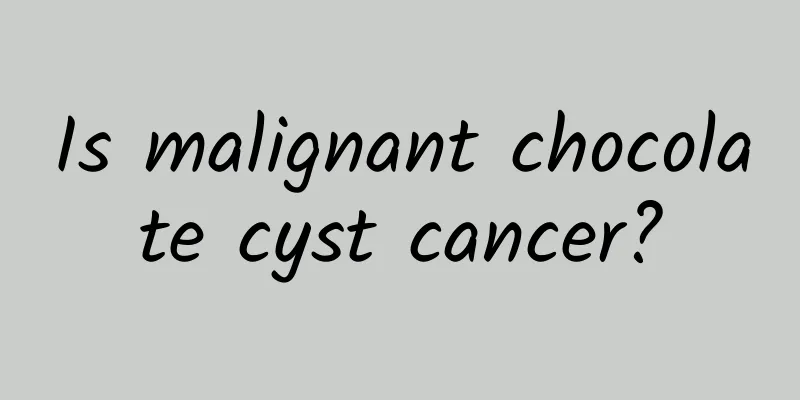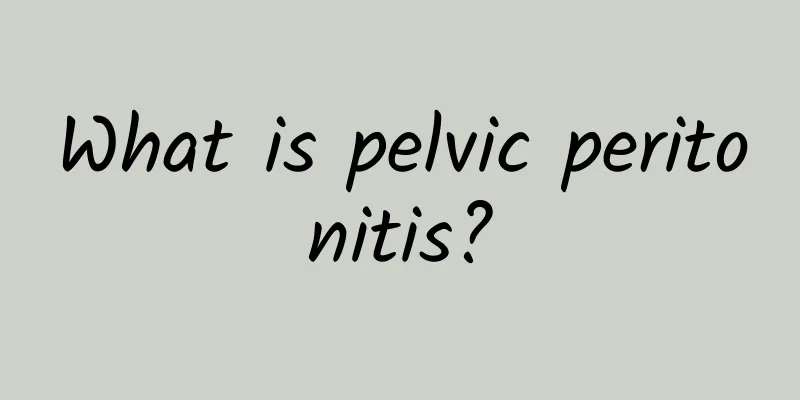What medicine is good for left adnexitis?
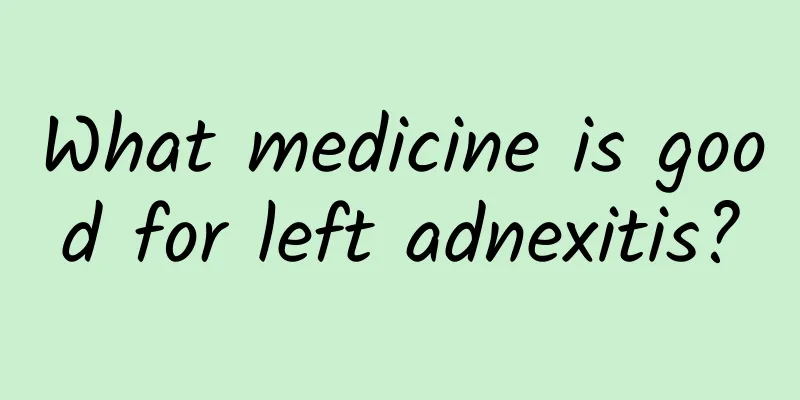
|
Treatment of left adnexitis requires the selection of drugs according to the cause. Common drugs include antibiotics, analgesics and Chinese medicine conditioning. Antibiotics such as cephalosporins, azithromycin and metronidazole are effective in fighting infection, analgesics such as ibuprofen and acetaminophen relieve pain, and Chinese medicine such as Guizhi Fuling Wan and Danggui Shaoyao San help regulate the body. 1. Antibiotic treatment. Left adnexitis is mostly caused by bacterial infection, and antibiotics are the main treatment. Cephalosporins such as cefixime have a broad spectrum of antibacterial properties and are suitable for a variety of bacterial infections; azithromycin is effective against mycoplasma and chlamydia infections; and metronidazole is effective against anaerobic infections. Antibiotics should be used according to the doctor's advice to avoid stopping the medication on your own or abusing it. 2. Painkillers. Inflammation is often accompanied by pain, and painkillers can relieve symptoms. Ibuprofen and nonsteroidal anti-inflammatory drugs can reduce inflammation and pain; acetaminophen is suitable for patients with mild pain, but attention should be paid to the dosage to avoid liver damage. Long-term pain requires timely medical treatment to check for other potential problems. 3. Chinese medicine conditioning. Chinese medicine has unique advantages in the treatment of chronic adnexitis. Guizhi Fuling Pills can promote blood circulation and remove blood stasis, and are suitable for patients with qi stagnation and blood stasis; Danggui Shaoyao Powder can regulate qi and blood, and is suitable for those with insufficient qi and blood. Chinese medicine should be used under the guidance of a Chinese medicine practitioner, and treatment should be based on individual constitution. 4. Diet adjustment. Diet plays an auxiliary role in the recovery of adnexitis. Eat more foods rich in vitamin C, such as citrus and strawberries, to enhance immunity; fish rich in Omega-3 fatty acids, such as salmon, help fight inflammation; avoid spicy and greasy foods to reduce inflammatory stimulation. 5. Adjust your lifestyle. Good lifestyle habits can help prevent and relieve adnexitis. Maintain personal hygiene and avoid unclean sexual behavior; do moderate exercise such as yoga and walking to promote blood circulation; avoid sitting for long periods of time to reduce pelvic congestion. The treatment of left adnexitis requires a combination of medication, diet and lifestyle. Antibiotics and analgesics are the first choice in the acute phase, and Chinese medicine conditioning is suitable for chronic patients. Eat more anti-inflammatory foods and avoid irritating foods. Pay attention to personal hygiene and moderate exercise in lifestyle. If symptoms persist or worsen, seek medical attention in time to avoid delaying treatment. Through comprehensive conditioning, the condition can be effectively controlled and recovery can be promoted. |
<<: Chronic adnexitis etiology examination
>>: Is it necessary to take hormones after three months of amenorrhea?
Recommend
What are the causes of endometrial tuberculosis?
Endometrial tuberculosis not only threatens women...
How to take good care of your body after abortion
How to keep healthy after an abortion? Abortion i...
What are the key points for the treatment of uterine fibroids? How to adjust after uterine fibroid surgery
Uterine fibroids are related to hormones. Because...
Why doesn't hydatidiform mole bleed?
Why doesn't hydatidiform mole bleed? The abse...
What are the causes of uterine fibroid growth?
What are the causes of uterine fibroid growth? Ut...
Is uterine fibroid surgery dangerous? Is the incidence of uterine fibroids high?
Uterine fibroids are common gynecological disease...
How can I check my irregular menstruation?
Many patients do not know how to diagnose irregul...
What are the dangers of uterine fibroids?
As the incidence of uterine fibroids increases, e...
The imperial disease is getting younger! To stay away from gout, control your weight first
Taiwan is nicknamed the "Kingdom of Gout&quo...
Everyone needs to understand in detail the causes of adnexitis
The occurrence of adnexitis will seriously affect...
"Shoot away" stubborn fat, endocrine body shaping is great
You have been controlling your diet, but your wai...
What are the symptoms of uterine prolapse
What are the symptoms of uterine prolapse? Uterin...
Proper diet during menstrual cramps
Women experience pain in the lower abdomen and lu...
What harm does ovarian cyst do to women? How to take good care of them after surgery
Once an ovarian cyst appears, it is difficult to ...
People should always do a good job in preventing dysmenorrhea
Dysmenorrhea is a common phenomenon for women eve...
